An internationally recognised standard in energy efficiency, Passivhaus is becoming increasingly popular in the UK as housebuilders look for ways to reduce emissions.
To become Passivhaus certified new buildings must be built – or existing dwellings retrofitted – according to strict design and construction principles set out by the Passivhaus Institute in Germany.
The homes retain heat from the sun and the activities of their occupants to maintain an almost constant temperature, removing the need for a conventional heating system.
Unlike some carbon neutral buildings which use a combination of energy efficiency and clean energy generation to offset any energy use, Passivhaus buildings aim not to use as much energy in the first place.
Buildings certified Passivhaus Plus meanwhile go one step further, not only reducing energy use but also producing as much energy as occupants consume. The energy must come from renewable sources and be enough to operate the building for the whole year.
Although some form of mechanical heating system will be attached to the property, these will use very little energy. Low carbon technologies such as solar panels or air source heat pumps meanwhile will typically be used to heat water.
Common features of Passivhaus include:
• Above norm levels of insulation
• Triple-glazed windows with insulated frames
• An airtight outer shell to reduce draughts and cold spots
• Mechanical ventilation that circulates fresh air which remains at or near room temperature
Reducing carbon emissions is only part of the Passivhaus process. The buildings also aim to provide homeowners with a high level of comfort.
Showcased below is Octagon Park – a state-of-the-art development of seven bespoke Passivhaus Plus homes in Little Plumstead, five miles from the city of Norwich in Norfolk. The show home is carbon neutral and its energy readings indicate a saving of 2,574kg of CO2 emissions in its first four months, or the equivalent of planting 118 trees.
Savills recognises real estate is responsible for 40 per cent of carbon emissions and, to coincide with COP26, it is launching its latest research examining how the sector is adapting to meet climate change challenges. Savills is committed to achieving net zero carbon in its operation by 2030. Through Savills Earth it brings together the expertise of more than 100 specialists to support and advise clients on their sustainability, energy and carbon strategies. Visit Savills Earth to find out more.
.jpg)
(1).jpg)
.jpg)
.jpg)
.jpg)
.jpg)
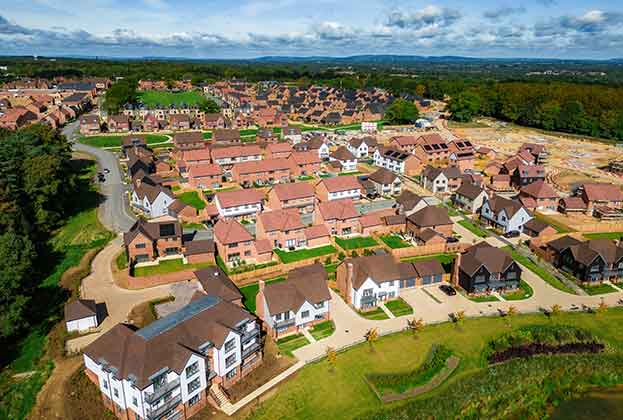
(2).jpg)
.jpg)
.jpg)
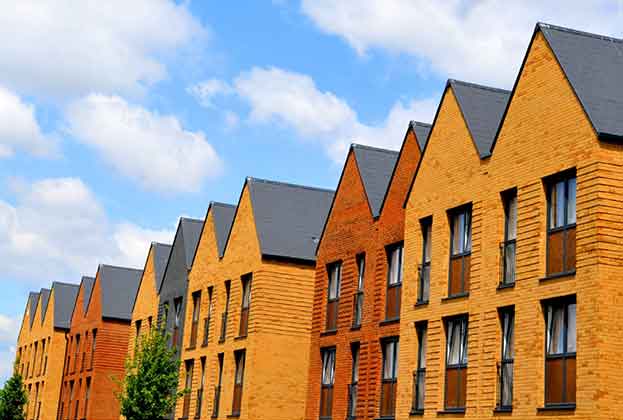
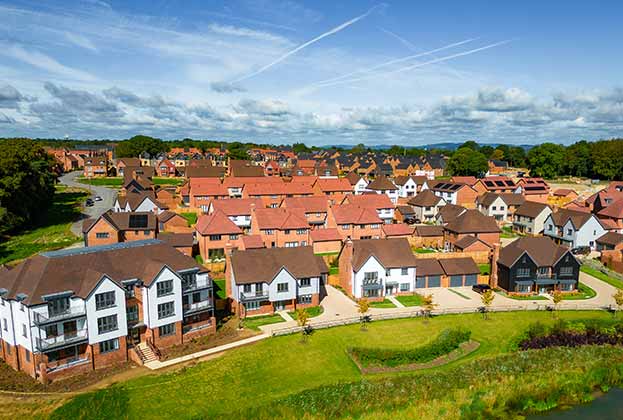
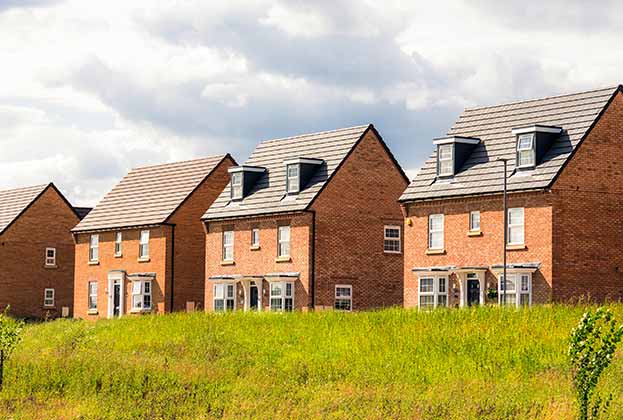
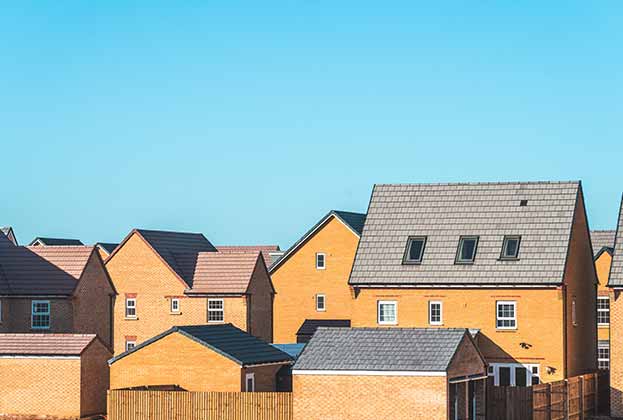
.jpg)
.jpg)